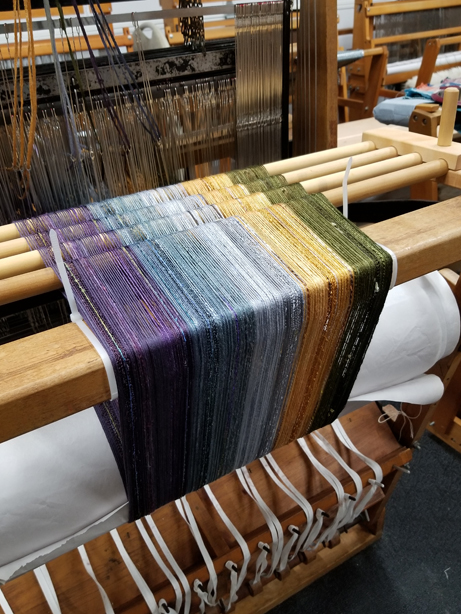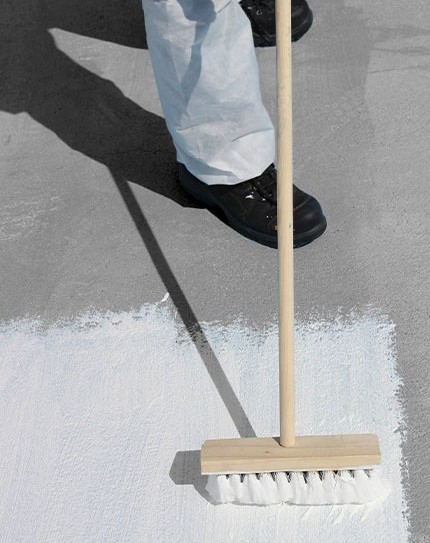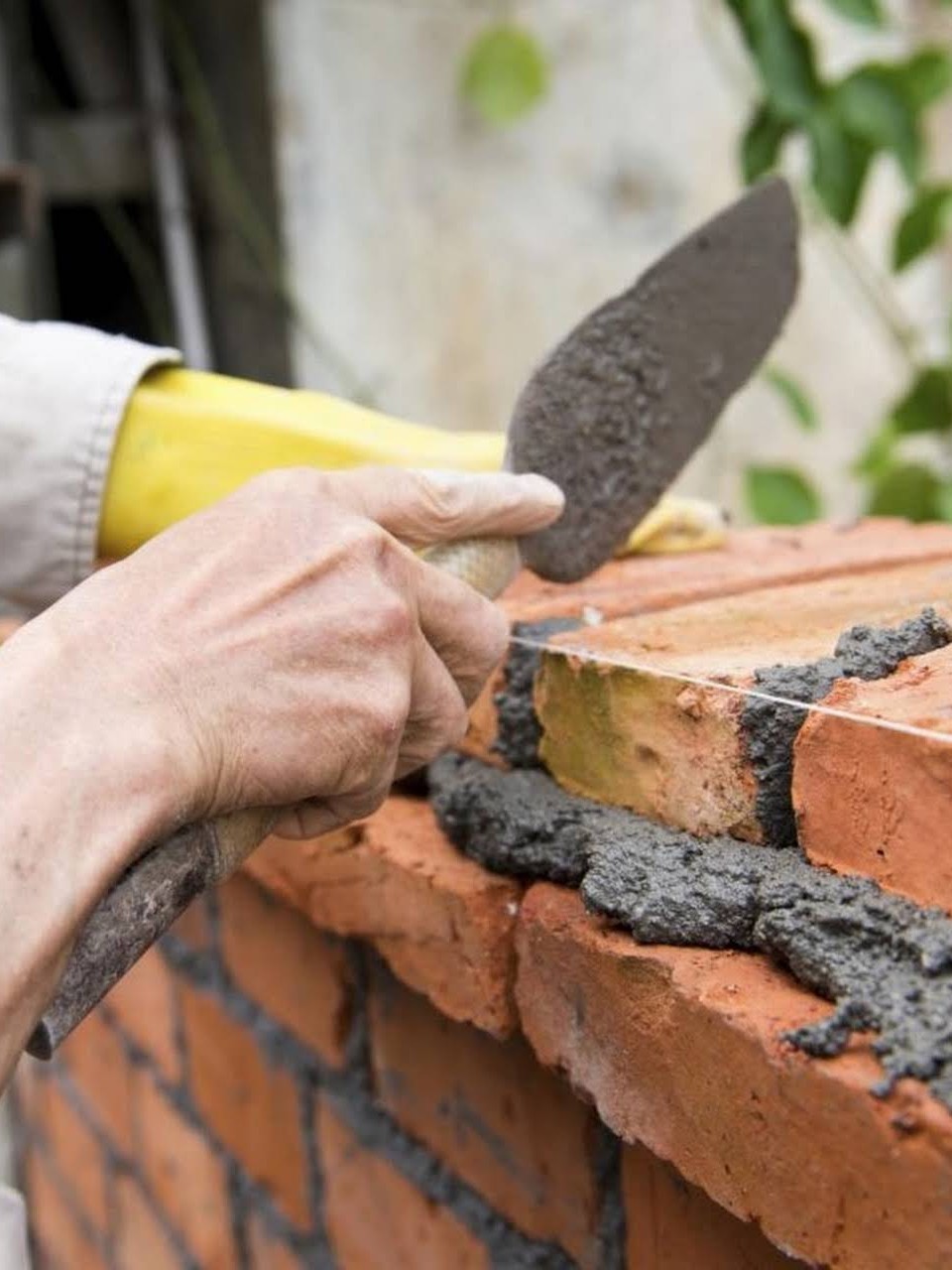-

Dispersant NNO for leather tanning
Dispersant NNO, also known as Sodium Naphthalene Sulfonate Formaldehyde Condensate (CAS 36290-04-7), is an anionic surfactant widely used in leather tanning as an auxiliary tanning agent. It appears as a light brown or yellowish-brown powder and is highly soluble in water, resistant to acids, alkalis, and hard water, with excellent dispersibility and affinity for proteins…
-

Dispersant NNO – Anionic Surfactant
What is Dispersant NNO, and Why is it Called an Anionic Surfactant? Dispersant NNO, or Sodium Naphthalene Sulfonate Formaldehyde Condensate, is a chemical powder used to improve the behavior of materials like concrete, dyes, or pesticides. It’s called an anionic surfactant because it’s a surface-active agent (surfactant) with a negative charge (anionic). Think of it…
-

Sodium Naphthalene Sulfonate
What Is Sodium Naphthalene Sulfonate? Picture Sodium Naphthalene Sulfonate (SNS) as a chemical superhero that helps things mix and stay smooth in all sorts of industries. It’s a compound made from naphthalene (a hydrocarbon that comes from coal tar or petroleum) that’s treated with sulfuric acid and then neutralized with sodium hydroxide to create a…
-

SNF Concrete Additive
What is SNF Concrete Additive? SNF concrete additive, or Sodium Naphthalene Sulfonate Formaldehyde, is a high-range water-reducing admixture widely used in concrete production. It enhances the performance of concrete by improving its workability, reducing water content, and increasing strength and durability. This makes it a valuable tool for a variety of construction projects, from everyday…
-

SNF chemical for concrete
Sodium Naphthalene Sulfonate Formaldehyde (SNF), commonly referred to as SNF, is a chemical admixture widely used in the concrete industry. It belongs to the category of superplasticizers, which are additives designed to enhance the properties of concrete. SNF is particularly valued for its ability to improve the workability of fresh concrete while significantly reducing the…
-

Poly Naphthalene Sulfonate
What is Poly Naphthalene Sulfonate (PNS)? Poly Naphthalene Sulfonate (PNS), sometimes called naphthalene sulfonate formaldehyde condensate, is a chemical compound made from naphthalene (a hydrocarbon derived from coal tar or petroleum) that’s been treated with sulfuric acid and formaldehyde. Think of it as a versatile helper in many industries—it’s like a multitasking ingredient that makes…
-

SNF for self-leveling compounds
Sodium Naphthalene Sulfonate Formaldehyde (SNF), sometimes called naphthalene superplasticizer or Dispersant NNO, is a helpful chemical used in making self-leveling compounds (SLCs). These are special mixes poured onto floors to make them smooth and flat for things like tiles or carpets. SNF helps the mix flow easily, get strong, and dry flat without much work.…
-

Sodium Naphthalene Formaldehyde for bridge construction
In bridge construction, Sodium Naphthalene Formaldehyde (SNF), often called Sulfonate Naphthalene Formaldehyde, is a special chemical added to concrete to make it stronger, easier to pour, and more durable. Bridges are incredible structures that carry cars, trucks, trains, or even pedestrians across rivers, valleys, or highways. They need to stand up to heavy weights, harsh…
-

What is Naphthalene Sulfonate Formaldehyde?
What is Naphthalene Sulfonate Formaldehyde? Naphthalene sulfonate formaldehyde, often just called SNF, is a chemical compound used mainly in construction to make concrete easier to work with. It’s a type of polymer, which means it’s a big molecule made up of smaller building blocks linked together. Think of it like a long chain of beads,…
